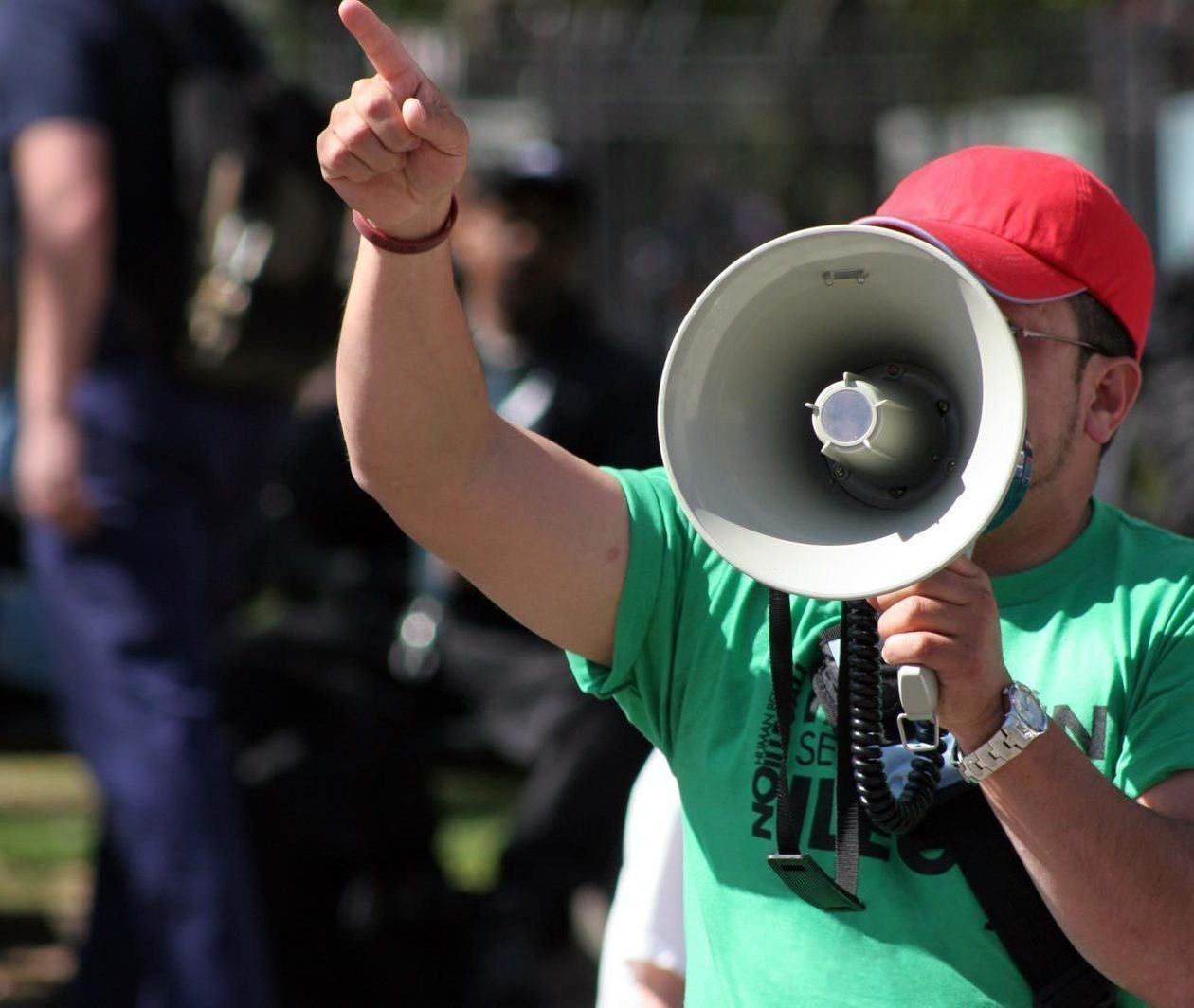
Duration
6 weeksWeekly study
3 hours
Identity, Conflict and Public Space
Other courses you might like
This course isn't running right now. We can email you when it starts again, or check out these other courses you might like.
Browse more in Politics & Society
In ethnic and political conflicts around the world, public spaces are used by diverse groups of people, to express their identity and protest about their beliefs:
- in Northern Ireland, contests over flags, parades and memorials have been frequent during the peace process;
- as South Africa developed a new democracy, the management of demonstrations by the police became a key issue;
- in the post-soviet era, Eastern European countries have slowly come to terms with the rights of people to express their political opinions in public spaces;
- and post-9/11, western democracies have struggled to define public spaces for their large Muslim communities.
How is freedom of expression managed in highly divided societies, particularly when they have a history of political violence?
Discover the role of public space in identity and protest
This free online course will introduce you to the key issues around the use of public space to express identity.
We’ll start by looking at the nature of social groups, and the importance of identity and public spaces in politics around the world, including the Arab Spring, the Occupy Movement and the Civil Rights Movements.
We’ll then examine why understanding public space is important, looking at symbols, parades and memorials. We’ll examine well-documented examples, including the learnings that have arisen from the Northern Ireland peace process.
You’ll be asked to create your own digital artefact, which illustrates an organised public event that you have experienced or are interested in, and share it with other learners around the world.
Finally, we’ll explore the role of human rights and public policy, concluding by returning to the comparative frame to examine key lessons for understanding conflict transformation in divided societies.
Learning on this course
On every step of the course you can meet other learners, share your ideas and join in with active discussions in the comments.
Who is the course for?
No previous experience or knowledge is required for this course. At the end, you’ll be asked to create a digital artefact - for example, a picture, video, sound, animation or presentation - so some familiarity with software to create this artefact will be useful.
Who will you learn with?
Dominic Bryan is the Director of Institute of Irish Studies and Reader in Social Anthropology.
Learning on FutureLearn
Your learning, your rules
- Courses are split into weeks, activities, and steps to help you keep track of your learning
- Learn through a mix of bite-sized videos, long- and short-form articles, audio, and practical activities
- Stay motivated by using the Progress page to keep track of your step completion and assessment scores
Join a global classroom
- Experience the power of social learning, and get inspired by an international network of learners
- Share ideas with your peers and course educators on every step of the course
- Join the conversation by reading, @ing, liking, bookmarking, and replying to comments from others
Map your progress
- As you work through the course, use notifications and the Progress page to guide your learning
- Whenever you’re ready, mark each step as complete, you’re in control
Want to know more about learning on FutureLearn? Using FutureLearn
Do you know someone who'd love this course? Tell them about it...
You can use the hashtag #FLidentity to talk about this course on social media.
